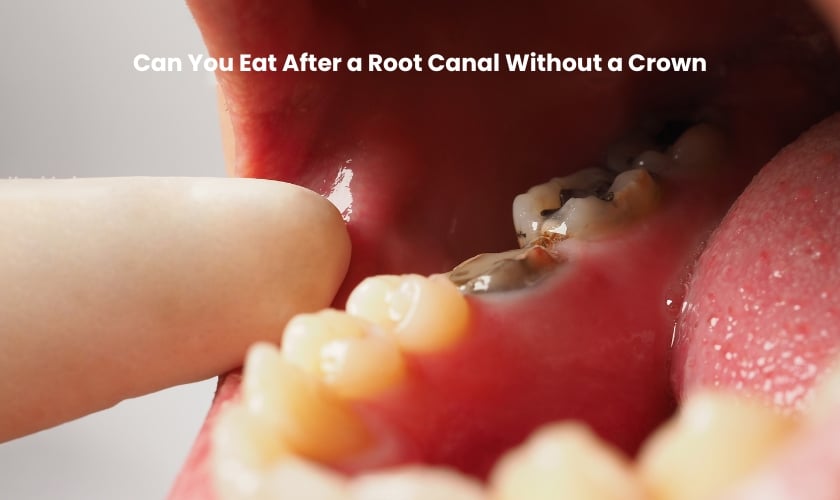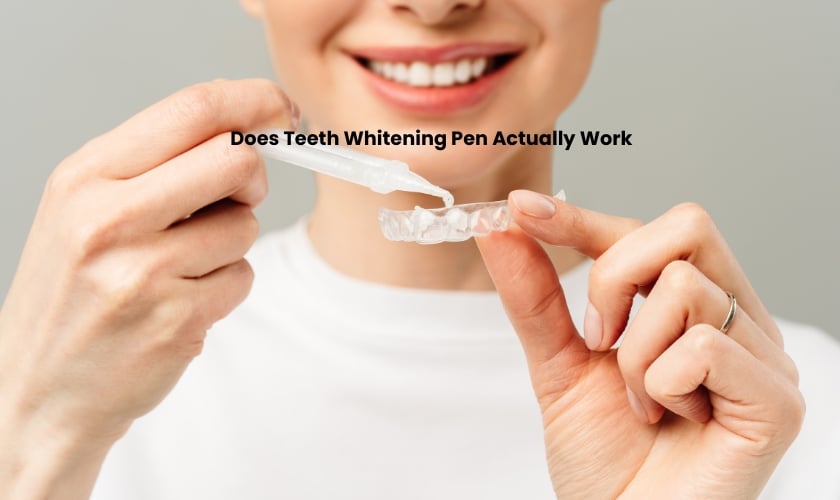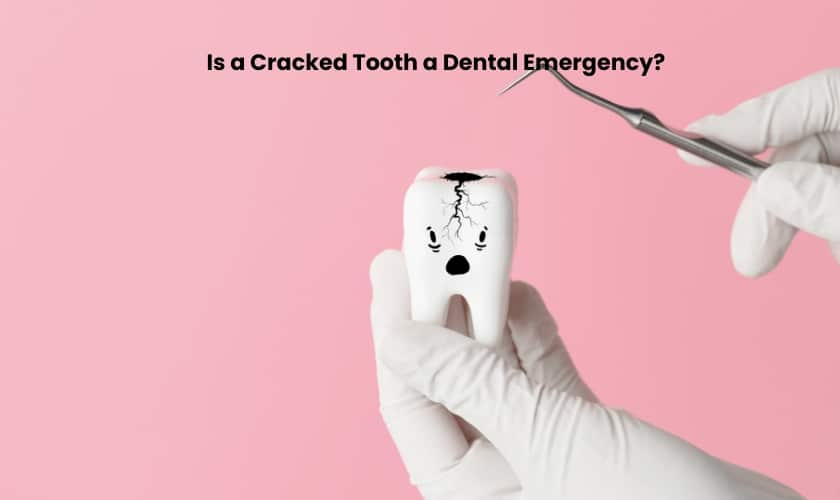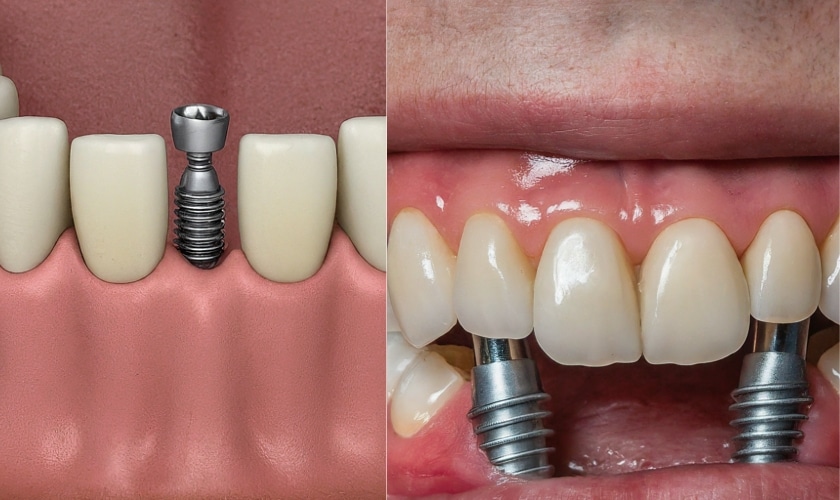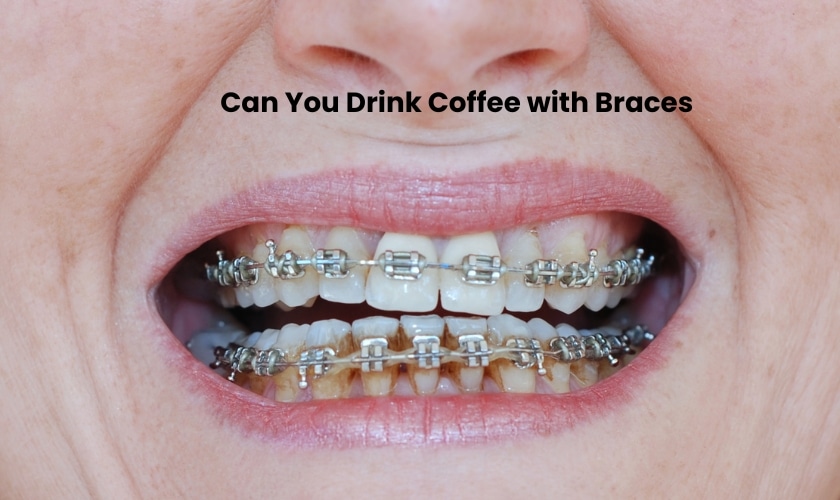
5 Causes Of Tooth Sensitivity And Treatment Tips
No one wants to experience the discomfort of tooth sensitivity, yet it’s a common problem that affects approximately half of the adults. If your teeth hurt when you drink hot or cold beverages, or when your teeth are exposed to air temperature changes, these can all be signs of tooth sensitivity.
Fortunately, there is a range of treatments available for relieving sensitive teeth and preventing further pain – but first, you should understand what causes this issue in the first place. Here are five possible causes of tooth sensitivity and treatment tips for eliminating the discomfort.
1. Regular Dental Visits
One of the best ways to prevent issues with your dental health is by regularly visiting your dentist for checkups and cleanings (at least every six months). Regularly seeing your dentist can help identify early signs of tooth sensitivity and address any dental issues before they become more serious.
2. Enamel Loss
When the enamel on your teeth is worn down, this can cause the dentin underneath to be exposed – leading to discomfort when consuming hot or cold beverages. Regular brushing with a soft-bristled toothbrush and limiting acidic substances are some of the ways to minimize enamel loss that can lead to tooth sensitivity.
3. Brushing Too Hard
Brushing too hard or using a toothbrush with hard bristles can wear down the enamel on your teeth over time – leading to increased sensitivity in your teeth and gums. Using a soft-bristled toothbrush and brushing with gentle pressure can help protect your enamel.
4. Gum Recession
Gum recession occurs when the gum tissue covering teeth wears away, exposing the underlying dentin and root surfaces of your teeth. Regular dental visits can help identify early signs of gum recession before it becomes a bigger issue, along with practicing good oral hygiene habits such as brushing twice per day and flossing daily.
5. Acidic Foods & Drinks
Consuming acidic foods or drinks can wear down the tooth enamel over time, making the teeth more sensitive when exposed to hot or cold beverages. Limiting acidic substances like soda, energy drinks, fruit juices, and processed sugars is one way to prevent damage that can lead to tooth sensitivity.
Treatment Tips To Get Rid Of Tooth Sensitivity
Tooth sensitivity is a common dental issue that occurs when the protective layer of enamel on teeth wears away, exposing the dentin and nerves underneath. Although it can be uncomfortable, there are various treatments available to help manage this condition.
First and foremost, it’s important to visit your dentist as soon as you start experiencing tooth sensitivity in order to determine any underlying causes. Your dentist may recommend using a fluoride treatment or special toothpaste designed for sensitive teeth. Fluoride helps strengthen the enamel by remineralizing it while the special toothpaste act as a barrier between your teeth and hot/cold foods. Additionally, they contain compounds like potassium nitrate which can help reduce pain from exposed nerves.
Brushing with a soft-bristled toothbrush and gentle technique can also help control sensitivity. Harder bristles can further damage the enamel, so opt for a softer brush instead. Another tip is to avoid acidic foods and drinks, like orange juice or lemons, as these acids can erode away the enamel more quickly.
Finally, it’s important to pay attention to any changes in your teeth that could indicate a worsening of sensitivity. If you experience persistent pain or discomfort despite trying different treatments, contact your dentist for further evaluation. With regular care and preventive measures, you can keep tooth sensitivity at bay and maintain healthy oral hygiene.
Additional steps, such as night guards or sealants may also be recommended by your dentist to help protect your teeth from further wear and tear. Taking care of your mouth and teeth is the best way to manage sensitivity, so it’s important to look after them with proper oral hygiene habits. With that being said, paying attention to any changes in your teeth is essential for keeping tooth sensitivity at bay.
Summary
Tooth sensitivity can be an uncomfortable experience for many, but there are ways to prevent it or treat the issue if you already have it. Regular dental visits and good oral hygiene habits like brushing and flossing twice per day can help protect your teeth and gums from damage that can lead to increased sensitivity. Limiting acidic substances can also help prevent damage to the enamel of your teeth that can cause discomfort.
Regular dental visits combined with good oral hygiene habits like brushing twice per day, flossing daily, and limiting acidic foods and drinks are some of the best ways to treat and prevent tooth sensitivity.
Regular dental visits can help identify early signs of tooth sensitivity or other dental issues before they become more serious. It’s recommended to visit your dentist at least every six months for checkups and cleanings.
A soft-bristled toothbrush is recommended to help protect your enamel and avoid wear and tear that can cause sensitivity. Brushing with gentle pressure is also important to prevent abrasion that can lead to discomfort.
